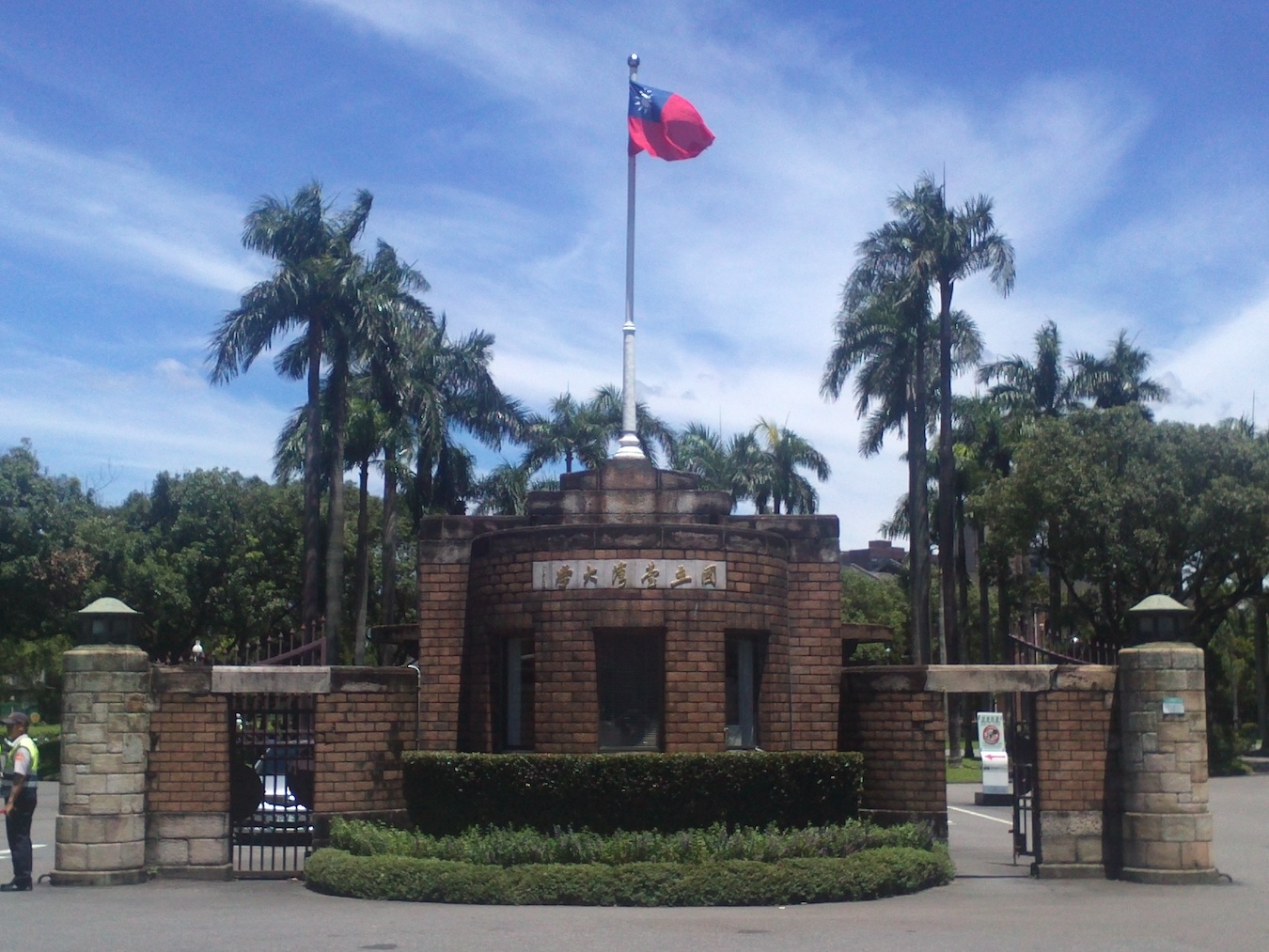by Brian Hioe
語言:
English
Photo Credit: Yu tptw/WikiCommons/CC BY-SA 4.0
A PUBLIC OUTCRY has ensued after a number of incidents at the National Taiwan University (NTU) involving racism and sexism among the student body. NTU is traditionally thought of as Taiwan’s most prestigious university.
The first scandal resulted from the policy platforms of two students running for the student council of NTU’s Department of Economics. As part of campaigning to run for student council, as also occurs with election campaigning in Taiwan, candidates issue a policy platform outlining their stances.
The platforms of the two candidates drew fire over sexist, body-shaming, and racist remarks. This includes advocating the sterilization of students that graduate without a boyfriend or girlfriend, making women with less than an A-cup bra size take national defense courses, mandating women who are virgins attend school dances while forbidding men who are virgins from attending, and making individuals with a BMI of over 20 be denied from taking elevators. Likewise, the two candidates called for cutting admissions quotas for Indigenous, overseas Chinese, and sports students, and stated that “LGBTQ individuals or dogs” were to be forbidden from playing the game Arena of Valor.
The policy platform warned that some of the views expressed on it were inappropriate, but these statements were still printed on it nonetheless.
Since the outcry, the two students have withdrawn from the election and apologized for their platform, which they stated was aimed at being humorous. The two students have also been referred to NTU’s Gender Equality Committee. Some reports suggest that the two students may be expelled or that business organizations have blacklisted them from working there in the future.
 Photo credit: 勤岸/WikiCommons/CC BY-SA 3.0
Photo credit: 勤岸/WikiCommons/CC BY-SA 3.0
This has raised questions as to what the appropriate response from NTU would be, seeing as students are usually only expelled for infractions such as sexual assault. As an elite institution, it is possible that NTU is hoping to save face by harsh punishment against the two students.
To this extent, since then, images have emerged of candidates in past years of candidates for positions at NTU with similarly offensive platforms. An image circulating online of a candidate that ran for the Gender Equality Committee in 2022 brags of a history of sexual harassment, for example. It is possible that there have been other such incidents at NTU, but which did not draw widespread attention at the time.
Relatedly, there has also been controversy at NTU over banners that began to appear on the campus with the words “venting my spleen 4.5 zhang high”. This is a pun lashing out at the Ministry of Education’s policy of weighting the test scores of Indigenous students who pass the Indigenous language proficiency test by 1.35 times, as a way of ensuring that Indigenous students have access to educational resources. Claims circulating online assert that this is “tyranny” for “city dwellers” attending NTU.
The appearance of the banners led to protests from Indigenous students at NTU. Students were highlighted that the weighting of Indigenous scores can result in discrimination against Indigenous, as well as that the number of non-Indigenous students is not affected by the weighting. Moreover, Indigenous students called for respect in discussing the issue, rather than discrimination. Namely, for the banners to appear on the campus, they first had to be approved by an NTU student association focused on transitional justice, which has since apologized for the incident.
A number of professors later issued an open letter criticizing the banner and highlighting the broader issue of discrimination against Indigenous. Nevertheless, the incident, as well as the policy platforms of the two Department of Economics candidates, point to backlash against Indigenous students at NTU. In this sense, though the two incidents were not directly related, they point toward troubling views at NTU.
Nevertheless, while the school may move forward with disciplinary action in order to avoid the public perception that the school openly allows for discriminatory social views, one expects that the issue does not end with NTU. Moreover, discriminatory views are likely aired openly behind closed doors, whether in NTU or elsewhere, and in this way, the policy platforms of two student candidates or banners on the NTU campus gesture toward a larger issue at hand. Indeed, it is probable that the incidents drew so much scrutiny due to taking place at a prestigious institution, and so one expects there to be significantly less discussion of similar incidents at other institutions.

